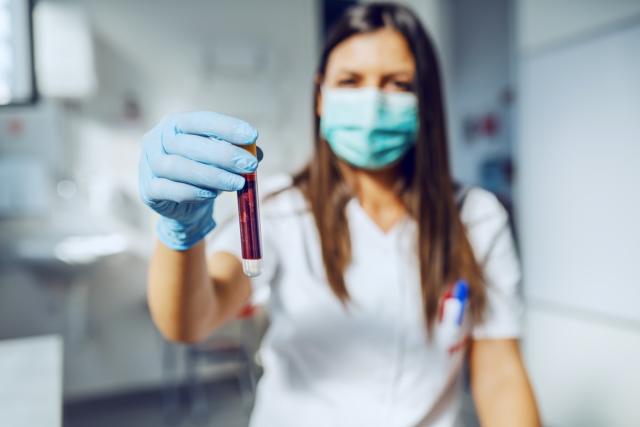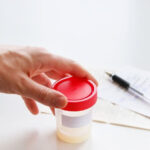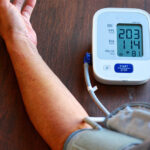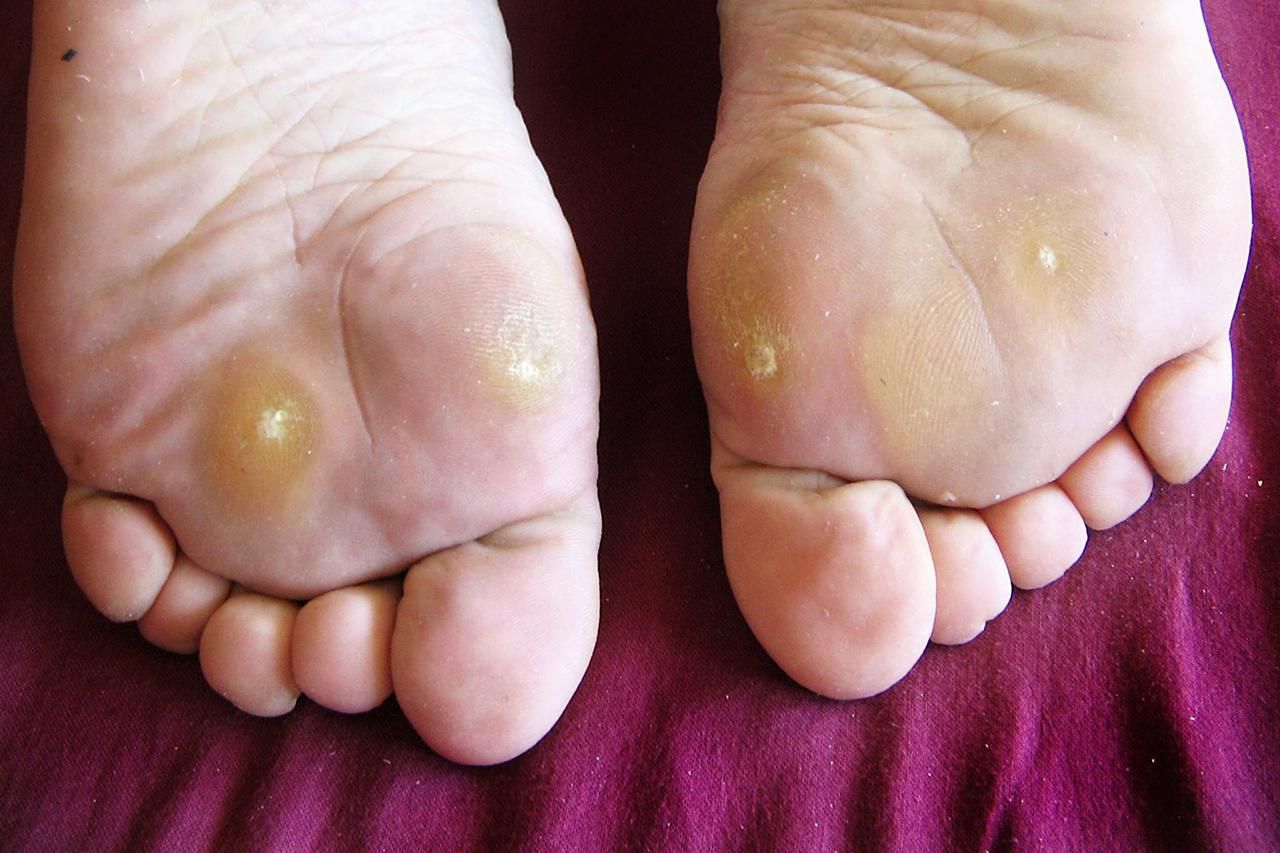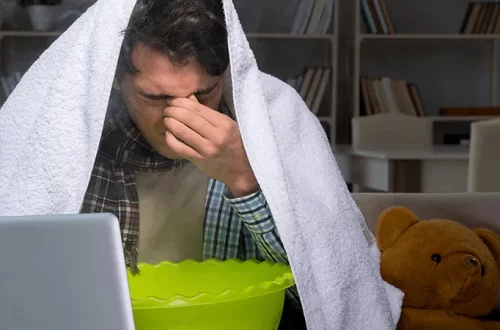Causes and Lack Of White Blood Cells
Lack of white blood cells or leukopenia means you have fewer white blood cells than usual in your body. Among these white blood cells, the ones called neutrophils are especially important. They’re like the security guards for your body, fighting off germs and keeping you healthy.
When you have leukopenia and fewer neutrophils, it’s like having fewer guards on duty. This makes it easier for germs to sneak in and cause infections.
So, if you have leukopenia, you’re more likely to get sick because your body doesn’t have enough of its frontline defenders to keep you safe.
What is Leukopenia in detail?
A low white blood cell count, also known as leukopenia, refers to a condition where the number of white blood cells circulating in the bloodstream is below the normal range. White blood cells play a crucial role in our body’s defense system, helping to fight off infections caused by bacteria, viruses, and other harmful pathogens.
When there’s a shortage of these protective cells, the body becomes more susceptible to infections, making it harder to ward off illnesses and recover from them.
Various factors can contribute to a low white blood cell count, including certain medications, cancer treatments like chemotherapy and radiotherapy, autoimmune disorders, infections such as HIV or hepatitis, and specific medical conditions affecting the bone marrow.
Recognizing and diagnosing or lack of white blood cells or leukopenia is essential for proper management and treatment, as it can lead to serious health complications if left untreated. Monitoring white blood cell levels through regular blood tests and addressing underlying causes are key steps in managing and improving outcomes for individuals with a low white blood cell count.
SEE ALSO: Nail Problems
Summary of Lack of White Blood Cells
Understanding a Low White Blood Cell Count: Causes, Symptoms, and Care
What Can Cause a Low White Blood Cell Count?
A low white blood cell count can happen for various reasons. Here are some common ones:
Cancer Treatments: Radiotherapy and chemotherapy, used to treat cancer, can lower your white blood cell count.
Medications: Some medicines, like antipsychotic drugs or those for an overactive thyroid, can cause it too.
Certain Cancers: Diseases like leukemia directly affect white blood cell production.
Infections: Serious infections such as HIV or hepatitis can lead to a drop in white blood cells.
Autoimmune Conditions: Diseases like rheumatoid arthritis where your immune system attacks your own body can also be a cause.
Specific Conditions: Agranulocytosis and neutropenia are conditions that directly result in a low white blood cell count.
How to Tell If Your White Blood Cell Count Is Low
Sometimes, a low white blood cell count doesn’t show any symptoms at all. However, you might notice:
Frequent Infections: If you find yourself getting sick often, especially with symptoms like:
- A high fever
- Chills and shivers
- Sore throat
- Repeated mouth sores
- Toothaches
- Skin rashes
- Constant fatigue
- Flu-like symptoms
A simple blood test can confirm if your white blood cell count is low.
Treatment Options
The treatment for lack of white blood cells or a low white blood cell count depends on the cause:
Antibiotics: Often prescribed to fight off infections that might occur due to a low white blood cell count.
Adjusting Medications: If a medicine is causing the issue, your doctor might change your dose or switch to a different medication.
Boosting White Blood Cells: In some cases, you might need treatments to help increase your white blood cell count.
Managing Infections: Specific treatments may be necessary if you already have an infection.
In severe cases, infections can lead to a dangerous condition called sepsis, which requires immediate medical attention.
Tips to Stay Safe with a Low White Blood Cell Count
If you have a low white blood cell count, it’s crucial to protect yourself from infections:
Do:
- Stay Away from Sick People: Try to avoid close contact with anyone who’s sick.
- Food Safety: Handle and store food properly to prevent food poisoning.
- Keep Clean: Wash your hands regularly with soap and warm water.
- Use Electric Shavers: Instead of razors to avoid cuts and infections.
- Skip Shared Hot Tubs: These can be breeding grounds for bacteria.
Don’t:
- Avoid Sharing: Don’t share food, drinks, utensils, toothbrushes, or makeup.
- Be Cautious with Food: Avoid eating raw foods like meat, shellfish, and eggs.
- Pet Care: Don’t change cat litter or handle animal waste.
- Diaper Duty: Avoid changing diapers if possible.
- Protect Your Feet: Don’t walk barefoot outside.
- Water Safety: Avoid swimming in ponds, lakes, and rivers.
By following these guidelines, you can help protect yourself and stay healthy even with a low white blood cell count.
Now lets dive deeper
Understanding Low White Blood Cell Count (Leukopenia)
What Does It Mean? Every single day, our bodies are hard at work, making around 100 billion white blood cells, also known as leukocytes. Think of these cells as the superheroes inside us, always ready to fight off harmful invaders like viruses and bacteria that can make us sick.
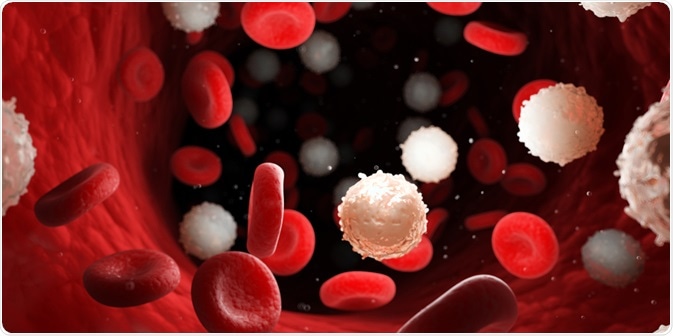
Leukopenia, pronounced “luke-a-PEE-ne-ah,” is a condition where you don’t have enough of these white blood cells. Specifically, there’s a shortage of a type called neutrophils, which are like the first-aid responders of our immune system. When they’re low, it’s like having fewer guards at the gate, making it easier for germs to sneak in and cause infections.
How Do We Measure It? Doctors measure white blood cell counts in our blood. If you have less than 4,000 white blood cells in a tiny drop of blood (called a microliter), that’s considered low. But the “normal” range can vary. For men, kids, and people designated male at birth, it’s usually between 5,000 to 10,000 cells per microliter. For women and people designated female at birth, it’s a bit different, ranging from 4,500 to 11,000 cells per microliter.
Is Leukopenia Cancer? No, leukopenia itself isn’t cancer. But there’s a twist – some cancer treatments can lead to leukopenia or lack of white blood cells. So while it’s not cancer, it can sometimes be linked to cancer treatments.
Does It Turn Into Leukemia? No, leukopenia doesn’t turn into leukemia. But the opposite can happen. Leukemia is a type of cancer that messes up your blood cells, including the white ones. In leukemia, the bone marrow, where these cells are made, starts producing abnormal blood cells that grow too quickly. These abnormal cells can crowd out the healthy ones, leading to a shortage or leukopenia.
Who’s at Risk? White blood cell counts can change from day to day, but leukopenia happens when they stay low. Some people are more likely to have leukopenia, like those with certain health issues or those undergoing treatments for conditions like cancer.
SEE ALSO: Warts on Feet
Understanding Leukopenia: Symptoms and Causes
What Makes It Happen? Leukopenia can happen for various reasons. Some people get it because of certain health conditions, medications they take, or even if they’re not eating right and missing out on important vitamins. Here are some common reasons:
Bone Marrow Issues: Conditions like multiple myeloma and aplastic anemia can mess up your bone marrow, the place where white blood cells are made, leading to leukopenia.
Autoimmune Troubles: Sometimes, our own immune system gets confused and starts attacking our body. Diseases like lupus and rheumatoid arthritis are examples of this.
Infections: Serious infections, like HIV, can also lead to leukopenia.
Spotting the Signs: Symptoms of Leukopenia While leukopenia itself doesn’t show many signs, it can make you more prone to infections. So, watch out for:
- Feeling feverish and getting the chills.
- Swollen, red areas on your skin.
- Painful mouth sores or weird patches inside your mouth.
- A sore throat that won’t go away.
- A severe cough or feeling out of breath.
- Pain or a bad smell when you pee.
- Upset stomach with diarrhea.
- Cuts or sores oozing pus.
Unusual discharge or itching down there.
Getting to Know It: Diagnosis and Tests Doctors usually find out if you have leukopenia by checking your blood with a test called a complete blood count (CBC). If they suspect an infection, they might also ask for:
Urine Tests: To figure out what’s causing your infection.
Chest X-ray: If they think you might have pneumonia, they’ll take a closer look with an X-ray.
Taking Care of It: Management and Treatment Treating leukopenia means tackling what’s causing it in the first place. For instance:
Fighting Infections: If an infection is the culprit, doctors might prescribe antibiotics or antiviral meds to help your body fight it off.
Boosting Blood Cell Production: Medications called growth factors can give your bone marrow a nudge to make more white blood cells.
Adjusting Cancer Treatment: If you’re undergoing chemotherapy for cancer, your doctor might suggest waiting until your white blood cell count goes up before continuing with the treatment.
Preventing Leukopenia: How Can I Stay Safe?
While it might be tough to completely avoid leukopenia, there are plenty of steps you can take to keep yourself healthy and lessen the chances of getting it:
Clean Hands: Wash your hands often with soap and water. If you can’t get to a sink, using an alcohol-based hand sanitizer works well too.
Vaccines: Make sure you’re up-to-date with all your vaccines, including those for the flu and COVID-19.
Stay Clear of Sick People: Try to avoid being around people who are sick. Also, steer clear of crowded places where you might bump into someone who’s unwell.
Be Careful with Cuts: Try not to get hurt. If you do get a scrape or cut, clean it right away and keep an eye on it.
Food Safety: Wash fruits and veggies well, keep raw meat separate from other foods, cook meals thoroughly, and wash your hands and kitchen surfaces often.
Personal Items: Don’t share things like utensils, cups, or personal care items like razors and toothbrushes with others.
Gardening & Pets: Wear gloves when working in the garden or handling pet waste. If you’re changing a baby’s diaper, use gloves and wash your hands afterward.
Water Safety: Try to avoid swimming or soaking in lakes, rivers, or hot tubs, which can harbor germs.
Medication: Take any prescribed medications that help prevent infections exactly as your doctor tells you to.
Living with Leukopenia: What’s Next?
Your outlook or what to expect if you have leukopenia depends on why you have it. If it’s due to a viral infection, your white blood cell count should bounce back once you recover. But if it’s because you’re getting cancer treatment, your doctor will consider your overall health and cancer treatment plan.
When to Seek Help:
Since leukopenia makes you more likely to get infections, it’s crucial to stay alert. If you have leukopenia and feel like you might have an infection brewing, don’t hesitate to get in touch with your healthcare provider right away.
Leukopenia means your white blood cell levels are lower than usual. This can happen for many reasons, like undergoing cancer treatment or having an autoimmune condition like lupus.
With leukopenia or lack of white blood cells, you’re more vulnerable to infections. If you’re diagnosed with leukopenia, have a chat with your healthcare provider. They can help you figure out the best ways to stay healthy and avoid infections.

A graduate of Computer Science and Information Management Technology. Diploma – Caregiving, Certificates – Dementia and Diabetes Awareness and Management. A researcher, blogger, songwriter, singer and acoustic guitarist. Born in an environment where natural talents such as healing are imparted at our natural birth. This natural talents of healing is the result of our genetic inheritance and the training from family environment.

